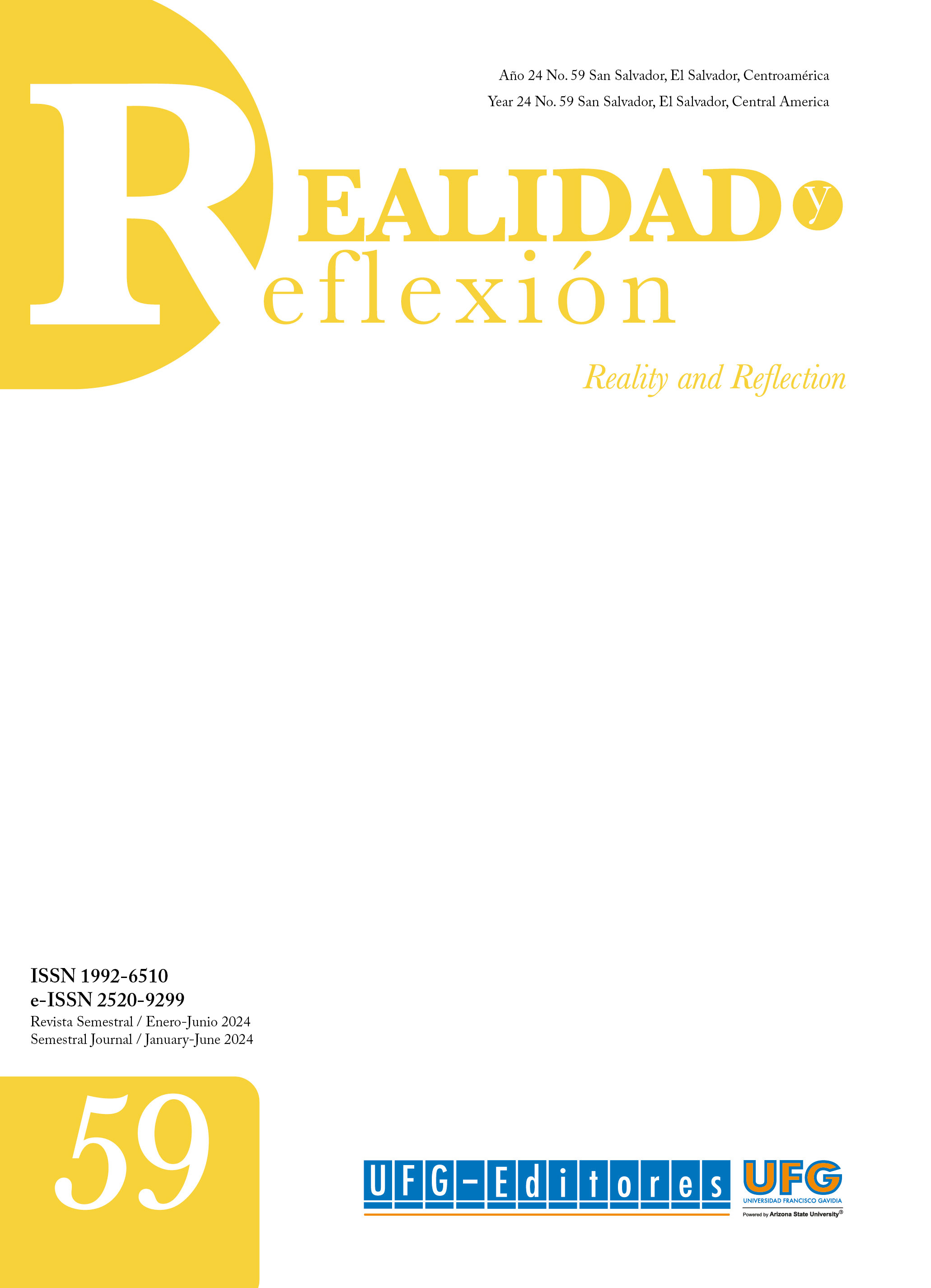Educational theory, humanities and university curricular reforms: Is there a university educational model for Latin America?
DOI:
https://doi.org/10.5377/ryr.v1i59.18710Keywords:
theory of education, curriculum, humanities, technology, El SalvadorAbstract
Will there be a pedagogical knowledge founded from the entrails of the intellectuality of Latin America, and will it be possible to overcome the world framework between the global and the "glocal", to ensure an autochthonous pedagogical thought to rebuild the educational identity for Latin America? The answers are complex, but at the same time, challenging to understand some historical background of the theory of education and its impact on the processes of university reforms, which were decisive for social change, from the contexts, science and technology, art, philosophy and all the knowledge that has been treasured by humanity throughout its history, given the level of influence of the knowledge society in the political fluctuation and the belief that the humanities are only "soft skills". In this sense, the essay is oriented towards the analysis of the correlation between humanities and curriculum, as value referents about the dependence on the technical conception of educational sciences, its identity nullity and the dynamization of teachers' knowledge centered on technology and on the positivist referents of scientific knowledge, which states that education must be developed from the obsession for objectivity and the mastery of competences and skills marked by employment and by the university-economy links.
Downloads
581
Downloads
Published
How to Cite
Issue
Section
License

This work is licensed under a Creative Commons Attribution-NonCommercial-ShareAlike 4.0 International License.
© Universidad Francisco Gavidia
Instituto de Ciencia, Tecnología e Innovación (ICTI)
Reality and Reflection
The content and opinions expressed in the publication are the responsibility of the authors of the published articles. The authors assign the publishing and publishing rights, in printed and digital version, to the Universidad Francisco Gavidia.
Proof of originality and assignment of publication rights
The authors must sign a certificate in which they indicate that the text presented for publication is original, unpublished and that it has not been sent for review in another academic publication; In turn, the authors assign the rights of publication and publication to Francisco Gavidia University. The format of this record will be sent through the emails: editores@ufg.edu.sv and jlozano@ufg.edu.sv
The journal Reality and Reflection is housed in the institutional dissemination platforms (web page and in the repository), as well as in databases and other pages of scientific dissemination. The publications of the Francisco Gavidia University are subject to the Salvadoran copyright law, contemplated in the Intellectual Property Law https://www.asamblea.gob.sv/
The content of the work is the sole responsibility of the author, therefore, if for any reason or reason, direct or indirect, the Editor is obliged to pay any compensation to a third party derived from the work of the author, whether it is established in a transaction, agreement or final or enforceable judicial sentence, the Editor may repeat against the Author for the total amount of compensation, plus adjustments, interests and costs that correspond.
It will be the obligation of the UFG to grant five copies of the publication which will be delivered at the UFG Editores headquarters in San Salvador.

